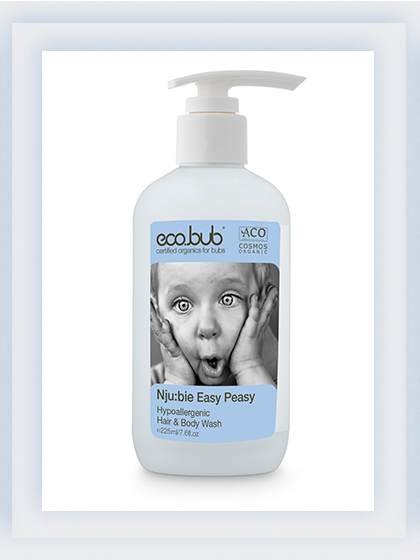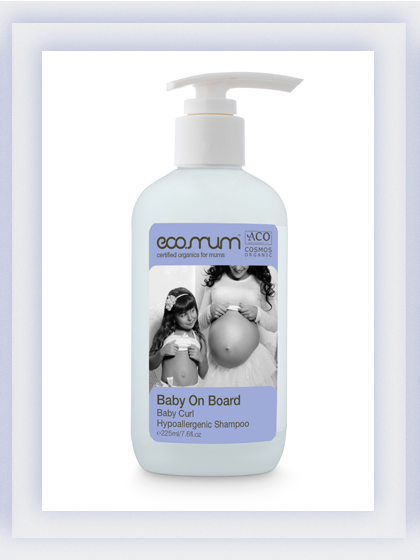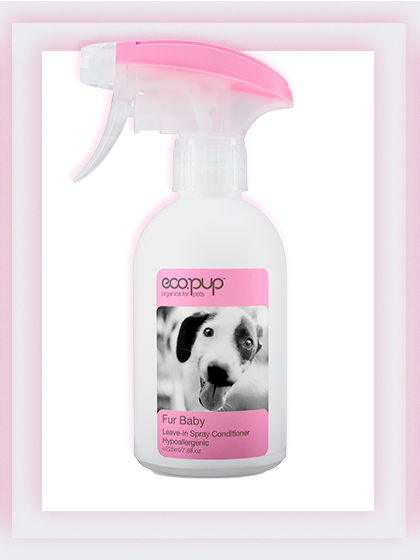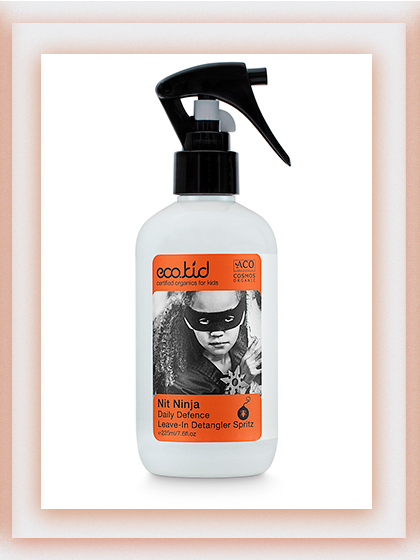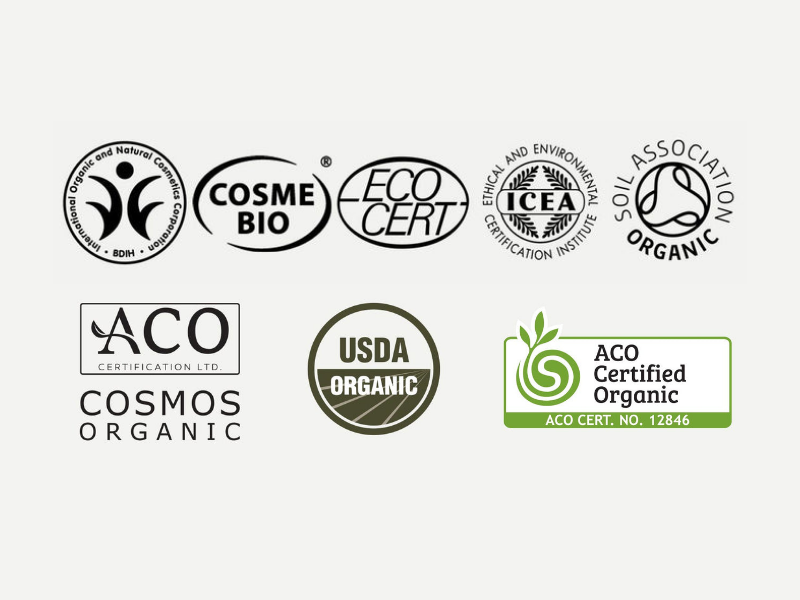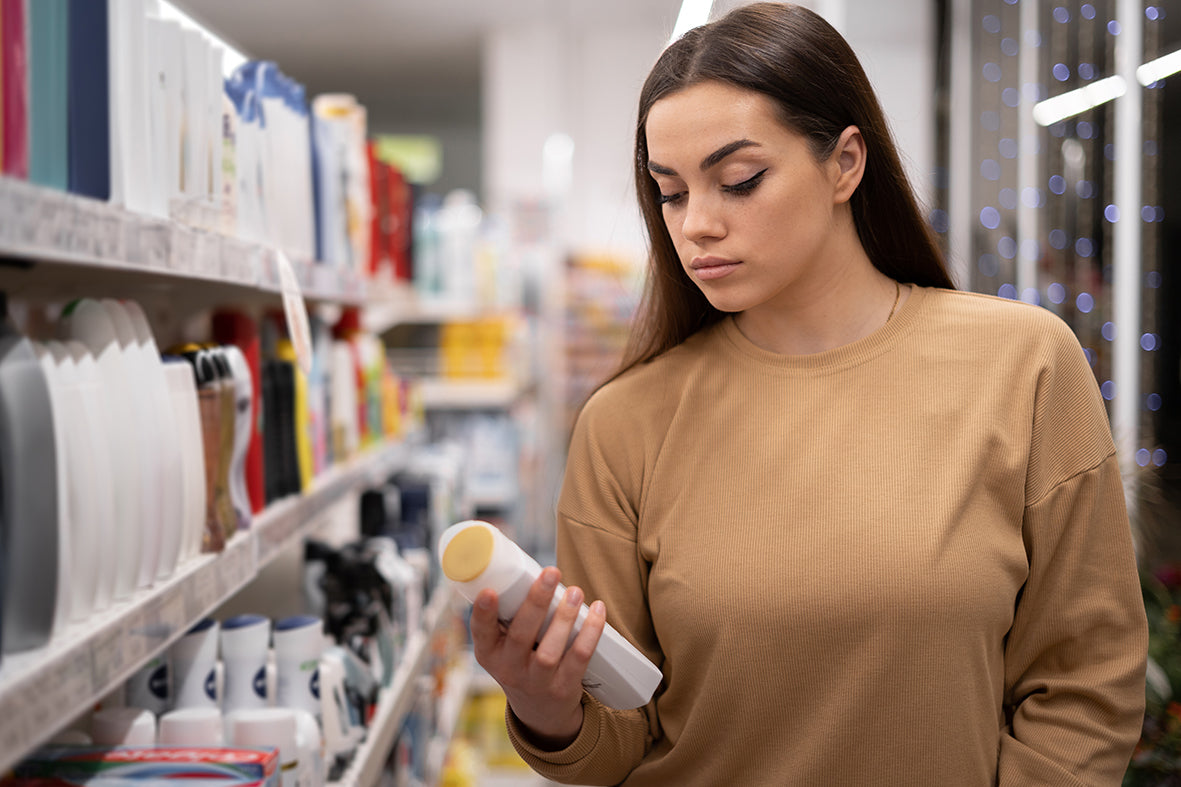When I first became a father, I started to worry about the toxins that my children could be absorbing through their skin, particularly their scalp, from the skin and haircare products I was choosing to use in caring for them. I wanted to use totally natural and fully organic products wherever I could. The problem is that, For the average person, it is very difficult to determine what the best products are. Legislation in Australia allows for a significant variability in definitions. At one end of the spectrum, you have the ideal totally natural fully organic product. However, the level of integrity can vary significantly with, at the other end of the spectrum, products that have been “greenwashed” to give an impression of natural integrity.
Yes, I do feel that some products are marketed rather cynically as natural and organic when they really shouldn’t be. But there are also other products on the market where the makers have made a genuine attempt to produce a better product. In the absence of a strict legal framework around definitions and claims, you have to really understand the basis for the claim any company makes.
Some personal care companies define naturally derived ingredients to be those for which more than 50% of the molecule comes from a plant, non-petroleum mineral, water, or some other natural source. With this definition, up to 49% of the ingredient can be comprised of synthetic moieties. While some other companies use a definition of a naturally derived ingredient with any part of the ingredient coming from a plant, therefore it could be less than 5% plant and 95% synthetic and still advertised as plant-derived.

When I look at this situation with the perspective of the potential non-natural content, I cannot entirely agree with that interpretation of "Naturally Derived".
Firstly, water cannot be included in any definition of naturally derived, any more than we can consider sunlight as naturally derived. Water and sunlight are natural foundation blocks that all plants use to naturally derive all other components of life... so in the interest of honesty, let's leave water out of the equations. I do appreciate that many natural ingredients from plants must be refined, extracted, or enhanced using modern chemical processing to make them useable in a cosmetic formulation, however, it is the chemical processes used that determines if this is genuine Green Chemistry or a “Green Façade” on an industrial process.
Most of us don’t have this in-depth understanding of chemistry or ingredient processing as we stand in front of the personal care section of the supermarket or pharmacy trying to make an informed choice on behalf of our children. We simply have to rely on the claims made by the producers unless the natural and organic credentials have been independently verified and certified.
Under the COSMOS (an international independent third-party certification body) Certified Organic Standard, a formulation can contain no more that 2% synthetic moieties in the entire finished formulation. Further, those allowable synthetic moieties can come from only a very select group of Green Chemistry using processing and manufacturing that are clean and respectful of human health and the environment, sustainable, and the end-product must be readily biodegradable. These standards are constantly under review by COSMOS, so the certification is always up-to-date.
To some degree, if it ticks the COSMOS box, it ticks a lot of boxes for people trying to do the right thing for the environment and, importantly, their families.

For the last 20 years, I have been working in the field of developing high performance, botanically-based haircare and personal care products that are better for the user and kinder to the planet – which is good for all of us.
My focus has always gone much deeper than just the use of naturally derived ingredients. In my latest role with Plantworx, developing new formulations under the Eco.Kid Organics brand (see https://ecokidorganics.com), I have focused on making formulations for products that I would be happy for my kids (and my future grandkids) to use:
• Every ingredient must be processed strictly in a COSMOS audited facility
• Feedstock (starting plant material) must be from organic agriculture
• Every process must respect the environment (Green Chemistry)
• The people undertaking the work must be fairly paid
• Child-labour must not be used in any growing, harvesting, or processing
• The finished naturally derived raw material must be "Readily Biodegradable"
• The owner of the agricultural land that the plant feedstock was grown on must be able to demonstrate that the land was obtained legally at a fair price from a willing seller.
I rely on COSMOS certification to communicate in shorthand to customers the length that I go to in keeping them safe as well as the environment. Only if the criteria described above can be clearly demonstrated in a yearly COSMOS Audit can the naturally derived ingredient be considered for inclusion in any formulations. These are the COSMOS Rules under the Organic Cosmetic Standard.
There is a level of transparency and integrity associated with COSMOS certification that makes it easier for me to know I am doing the right thing – both in formulating new products and as a consumer buying products for my family.
First Published on LinkedIn March 3, 2022
https://www.linkedin.com/pulse/naturally-derived-vs-faux-natural-peter-francis/?trackingId=gQGZX0XdQfCOkt70%2BoxP%2Fg%3D%3D









